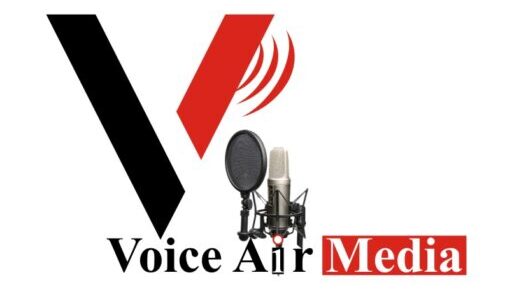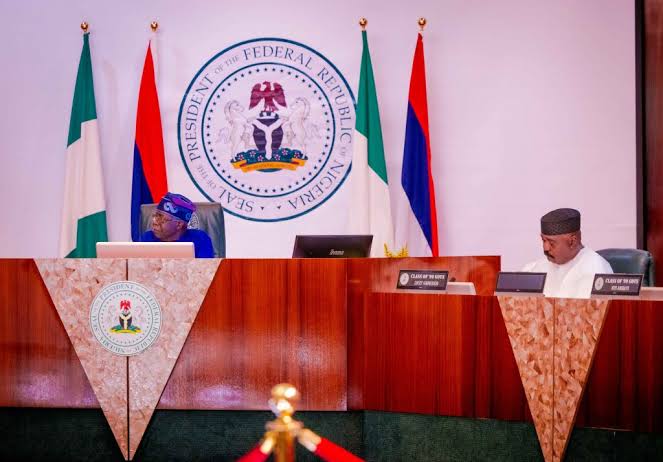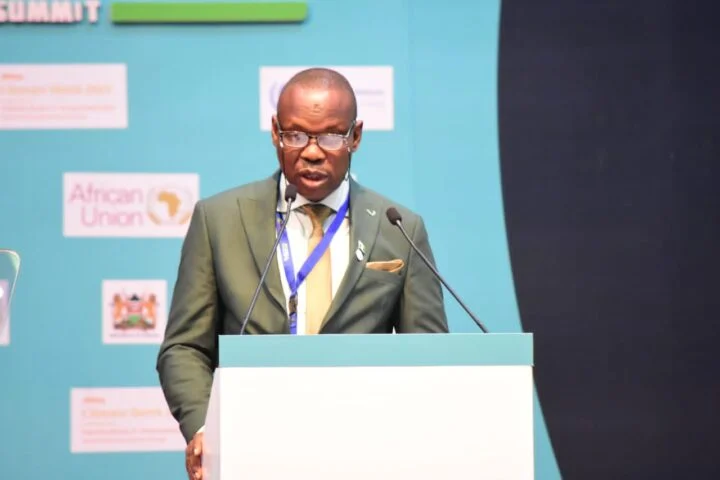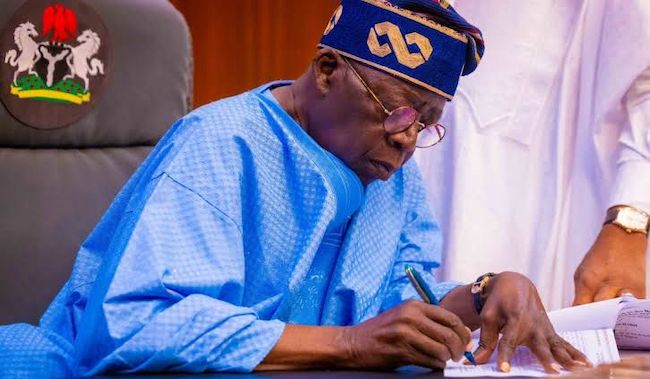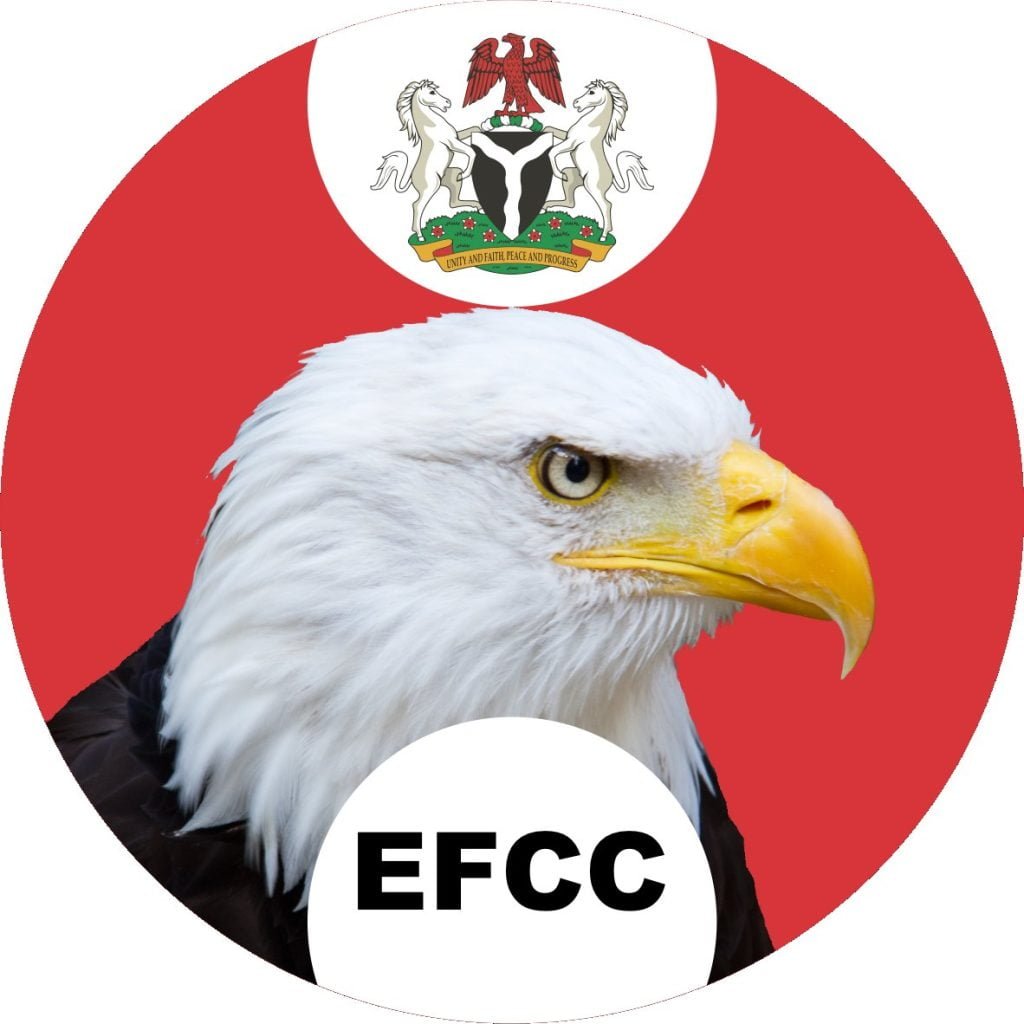VAM News Update
THE Federal Government on Thursday emphasized the need for non-state actors to complement its efforts in national and economic development saying it cannot bear the burden alone.
The government specifically admitted that it was facing enormous challenges and revenue deficit which has compelled it to manage to pay salaries.
The Minister of Budget and National Economic Planning, Senator Abubakar Atiku Bagudu, represented by the Director (International Cooperation), Dr. Sampson Ebimaro, stated these in Abuja during the 30th Annual Development Forum organised by Life Above Poverty Alleviation in Abuja with the theme, “The role of non-state actors in national development: A case study of LAPO.”
The PUNCH reports that the event was also attended by a former acting Governor of the Central Bank of Nigeria, Dr Sarah Alade; a political scientist and lecturer in the Department of Political Science, Federal University, Otuoke, Dr Felix Oriakhi; and Founder/CEO, LAPO Group, Dr Godwin Ehigiamusoe.
Ehigiamusoe said, “With millions of beneficiaries and a full-time staff of 10,212, these institutions and others within the LAPO system have made immense contributions to national development. This paper is expected to highlight the over N1.2 trillion LAPO Microfinance Bank has contributed to female owners of micro and small businesses.”
The minister said since the United Nations was very careful in crafting the name, of non-state actors, he would prefer to use the name Non-Governmental Organisations because NSAs could be gorilla or terrorist groups.
“Essentially, NGOs existing cover the space not covered by the government by seeking propositions on issues such as health care, environment, economy, public policy, empowerment and support to vulnerable citizens. The policy objective of government is very critical for both state and non-state actors like the NGOs.
“The role of NGOs is to work with the government through its national development plan. The chairman has already mentioned and talked about our national development plan for 2021 – 2025. In doing that, the actors have to be very inclusive in the sense that it has to be non-selective and non-discriminatory and you must stick to the overall needs of various areas of the society.
“Government faces enormous challenge especially now, the government is facing revenue deficit. There’s no money anywhere in the country, the government is just managing to pay salaries. The growth rate is very slow and the population growth is fast pacing and increasing. unemployment is surging amid high inflation. These are issues which non-governmental organisations must take on board in helping government to cover the space government could not cover”, he noted.
Alade who was also Special Adviser to President Muhammadu Buhari, on Finance and Economy, said government should collaborate with NSAs to achieve economic development and ensure the success of its social investment programmes.
She said NSAs, including LAPO, would play crucial roles in shaping the economic destiny of Nigeria.
Alade said that the estimated cost of the National Development Plan (2021 – 2025) stands at N348 trillion, with the government contributing N49.7 trillion and the private sector providing approximately N298 trillion, which accounts for about 86 per cent of the total required amount.
Alade said the involvement of non-state actors in the Federal Government projects was necessary.
She said, “It is imperative to recognize why non-state actors, such as LAPO, should align with the national development agenda. The Nigerian National Development Plan emphasizes the crucial importance of such alignment, particularly given the substantial financial commitment required to achieve our nation’s developmental goals.
“This plan outlines ambitious objectives across various sectors, including infrastructure, healthcare, education, and poverty alleviation. To realize these objectives, a significant financial commitment is essential.
“The government alone cannot shoulder the immense financial burden required to meet these targets. To put it in context, the estimated cost of the National Development Plan (2021 to 2025) stands at N348 trillion, with the government contributing N49.7 trillion and the private sector providing approximately N298 trillion, which accounts for about 86 per cent of the total required amount.”
“A country like Nigeria, which relies on food and energy imports, she said, would require the role of non-state actors including LAPO, to assist in developing solutions to overcome barriers in the country’s supply chain operation.
“It is essential to recognise that the participation of NSAs in all aspects of national life is crucial for sustainable progress. While private sector economic leadership is indispensable, NSAs should also address social challenges, including inequality, the digital divide, and the need for substantial investment in human capital.
“By promoting inclusive growth and workforce re-skilling, NSAs can contribute to a functional and competitive society.”
Other speakers were unanimous in their position that there should be a partnership between the government and the non-state actors in social economic development if the federal government policies to lift 133 million people out of poverty must achieve the desired objective.
They also called on non-state actors to bring their ideas forward to government from conceptualisation, execution and implementation for proper guidance and support. (VANGUARD)

